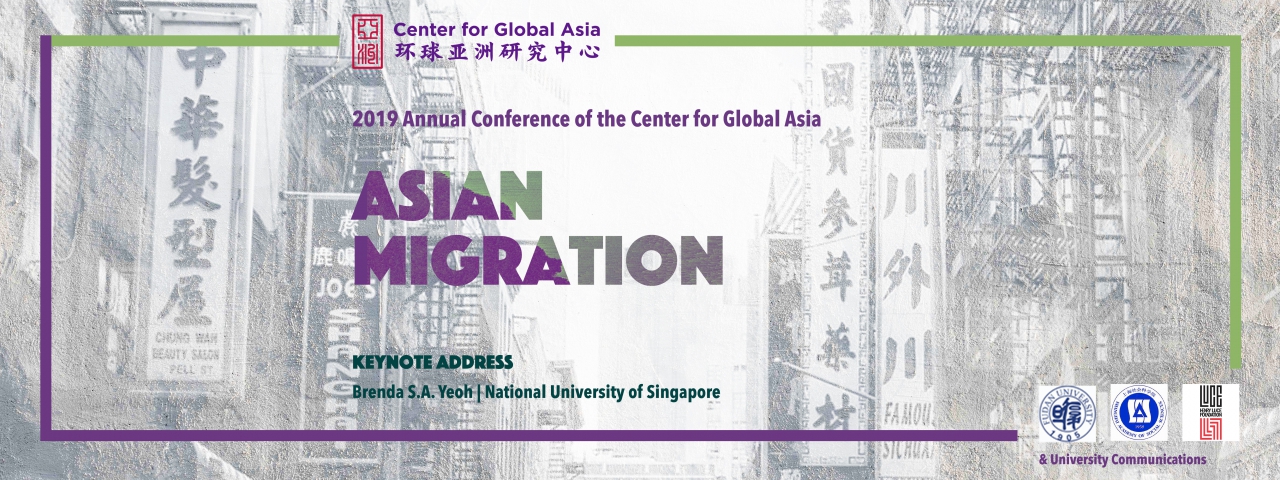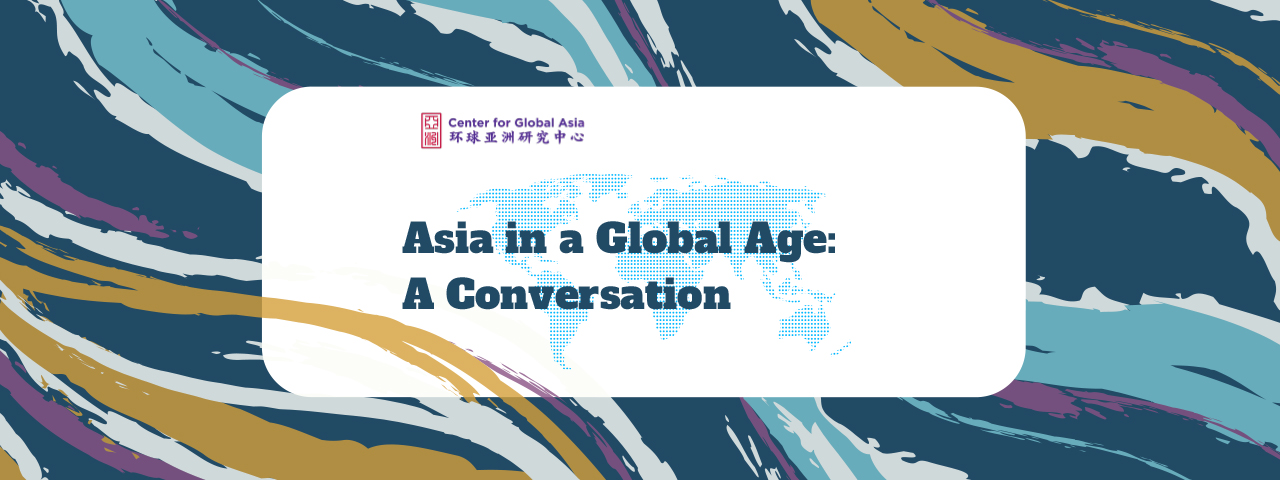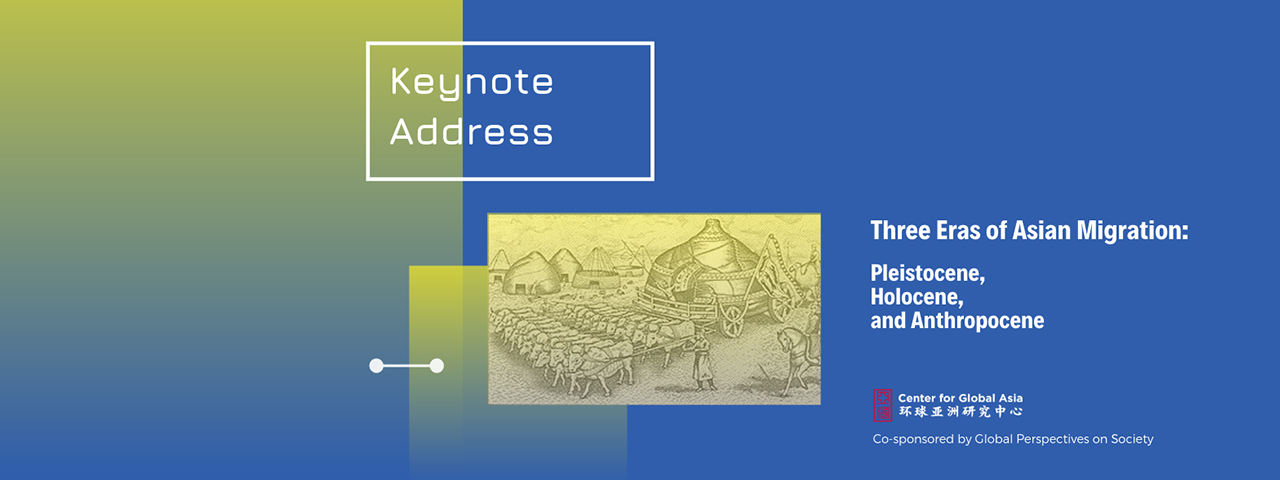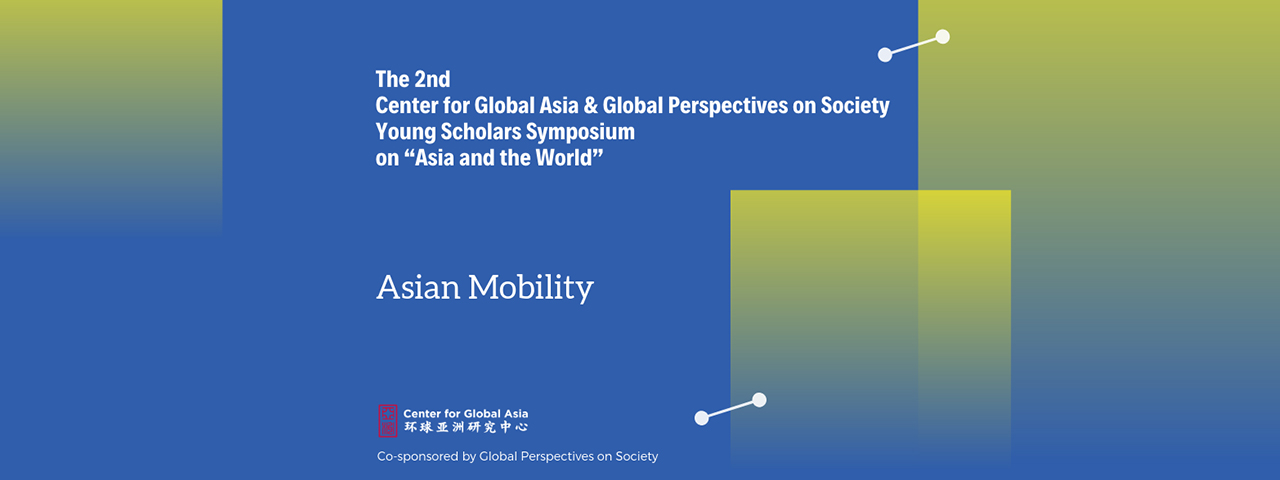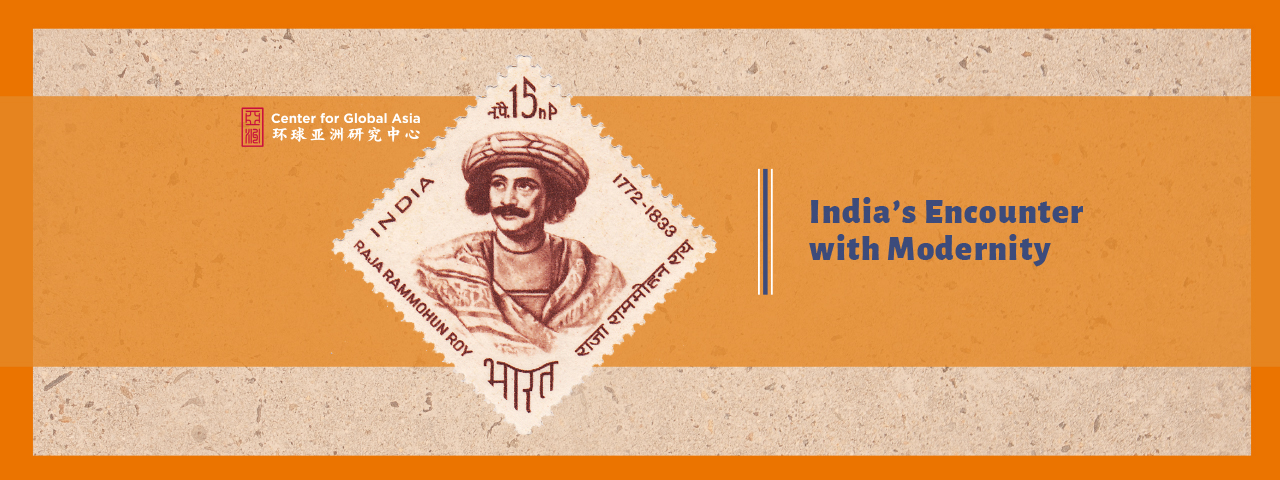2019 | Asian Migration | Hideki Tarumoto
Hideki Tarumoto Waseda University Biography Hideki Tarumoto is Professor at the Faculty of Letters, Arts and Sciences, Waseda University, Japan. He obtained his Doctor of Sociology from the University of Tokyo, Japan (1999). He was a Research Associate (1995–1997), Associate Professor (1998–2015), Professor (2016–2017) at Hokkaido University, Visiting Research Fellow at the University of Warwick, UK (2001), Invited Professor at Sciences Po Paris, France (2013). His research interest goes to citizenship and migration, and ethnic stratification, in European and Asian countries. His major publications include Kokusai imin to shiminken gabanansu (International Migration and Citizenship Governance, Mineruva Shobo 2012); Yokuwakaru kokusai shakaigaku (Understandable Transnational Sociology, Mineruva Shobo, 2nd edition, 2016); “The Limits of Local Citizenship in Japan” (in Thomas Lacroix and Amandine Desille (eds) International Migrations and Local Governance: A Global Perspective, Palgrave Macmillan, 2018); “Why Restrictive Refugee Policy Can Be Retained? A Japanese Case” (Migration and Development, 8(1): 7-24, 2019) 「 How to Become an Immigration Country: A Japanese Case 」 The dichotomy of ethnic country and immigration country has been well known and applied to explain differences of policy, institutions and public opinions and so on among countries. However, accelerated globalisation more and more pushes so-called ethnic countries towards shifting to immigration countries. An Asian industrialised country, Japan is not an exception. The revision of the Immigration Control and Refugee Recognition Act was passed in the diet in December 2018, which triggered debates as to whether Japan has already been an immigration country or not, and whether Japan should be one or not. But an elaborated consideration is needed to end the debates. An immigration country has two dimensions—practice of immigrants and recognition of immigrants, which leads to categorise four types of countries concerning immigration country. Japan could be referred to as one type of immigration country but not


